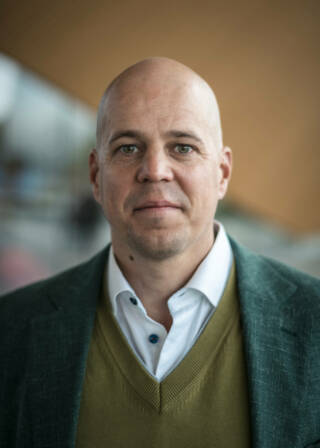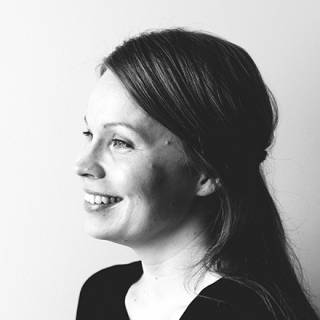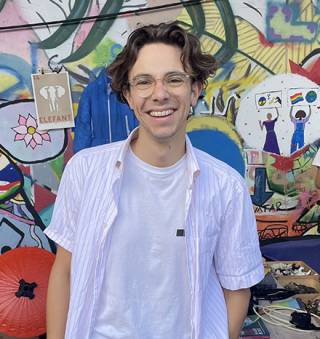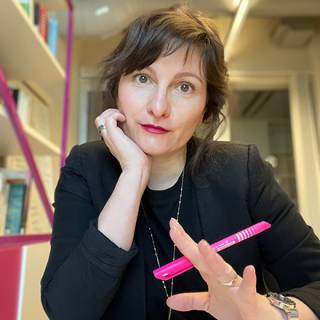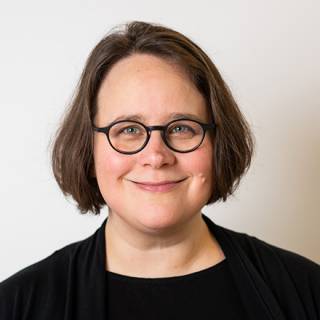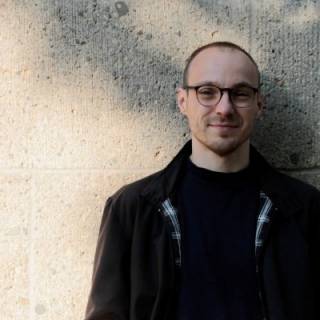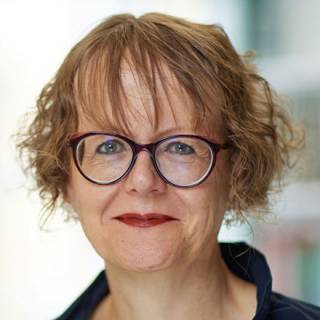Trust and Visuality: Everyday digital practices (TRAVIS) is a research project that will look at how people experience, build and express trust in news and social media images related to wellbeing and health.
We chose this focus for three reasons: First, humans experience visual information as more trustworthy than other communicative modes. Second, while trust continues to be crucial for social life, it is significantly complicated by our increasing reliance on online communication, where we have to infer our communication partners and their intentions from their on-screen representations and algorithmic manipulation. And finally, the pandemic showed us that visual digital representations related to our individual (step counts, recovery selfies) and collective (visualisations of infection rates) experiences of health are increasingly central to our lives. This makes every day, visual social media communication of health news and personal health content the perfect case study to understand trust.
Thus, TRAVIS investigates how and why people trust some visuals over others, and how content-creators and professionals create trustworthiness with and through digital visual content. Our research is undertaken in four different cultural contexts – Austria, Estonia, Finland and the UK – allowing us to combine perspectives from Nordic, Eastern-European/Post-Soviet, Anglo-Saxon and Germanic cultures, each with their own traditions and norms of trust as well as significant differences in how much institutions are trusted.
CONSORTIUM:
- Tallinn University, Baltic Film, Media and Arts School, Estonia
- University of Salzburg, Department of Communication, Austria
- Tampere University, Communication Sciences Unit, Finland
- University of Oxford, School of Geography and the Environment, United Kingdom
Funding: Project TRAVIS is supported by the Estonian Research Council – https://etag.ee/en/, Academy of Finland: https://www.aka.fi/en/, Austrian Science Fund, FWF – https://www.fwf.ac.at/de/, Economic and Social Research Council https://www.ukri.org/councils/esrc/ under CHANSE ERA-NET Co-fund programme, which has received funding from the European Union’s Horizon 2020 Research and Innovation Programme, under Grant Agreement no 101004509
Duration: 2022–2025

